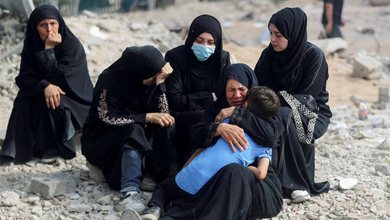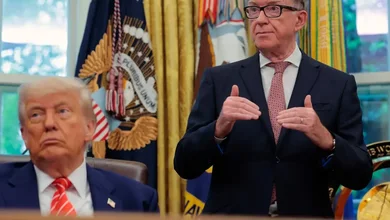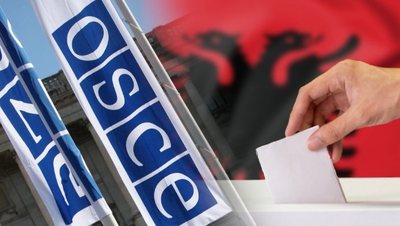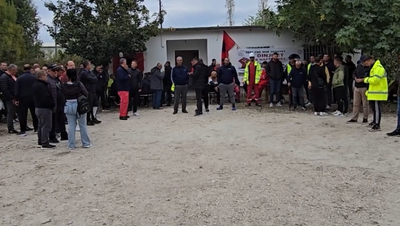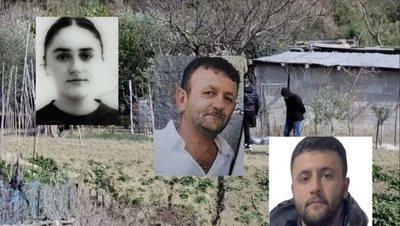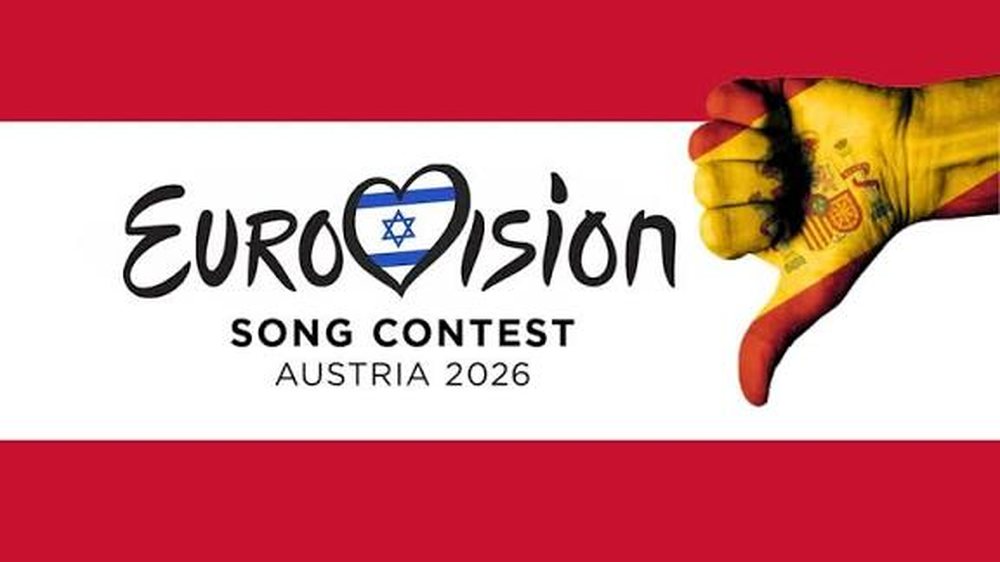
The board of Spanish state broadcaster RTVE has made a significant decision regarding Spain's participation in the 2026 European Song Contest. According to official reports, RTVE has voted to withdraw Spain from the competition if Israel is allowed to participate. The decision came after a lengthy debate within the board, with 10 members voting in favor of the boycott, 4 against and 1 abstention. With this stance, Spain becomes the fifth country to announce a boycott of Eurovision due to Israel's participation, joining the Netherlands, Slovenia, Iceland and Ireland.
This is also the first decision made by one of Eurovision's "Big Five" - the group that includes Spain, the United Kingdom, Germany, Italy and France - countries that contribute the most financially to the festival and automatically qualify for the final each year. The development gives the decision special weight, raising major dilemmas for the future of the competition.
Eurovision, traditionally known for its political neutrality and for promoting cultural unity among participating countries, has been embroiled in major controversy this year due to the war in Gaza. A number of countries had asked the European Broadcasting Union (EBU) to ban Israel from participating in the 2025 edition, but the decision was not made and Israeli contestant Yuval Raphael managed to secure second place in the standings.
Meanwhile, the winner of Eurovision 2025, Austrian singer JJ, has also publicly called for Israel to be excluded from the next edition. According to him, accepting a country involved in armed conflict contradicts the values that Eurovision aims to convey – peace, cooperation and solidarity between peoples.
Spain's decision sets an important precedent, opening up new discussions about the mixing of politics with international cultural events. It also increases pressure on the EBU and other major contributing countries, which are expected to make their position clear before preparations for Eurovision 2026 begin.






